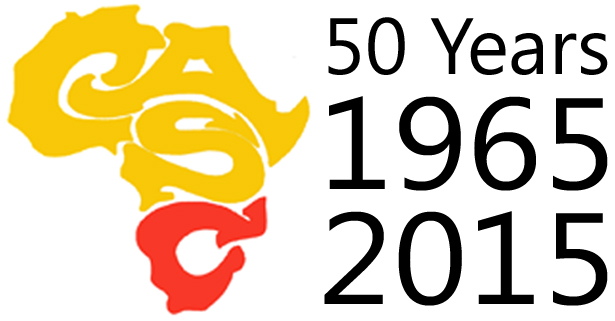CAS Open Seminar, Michaelmas Term 2018: Dr Herbert Muyinda, Makerere University - Policy of No Policy: Disability and Technology Translation Dilemmas in Uganda
Duration: 45 mins 36 secs
Share this media item:
Embed this media item:
Embed this media item:
About this item

| Description: | (No description) |
|---|
| Created: | 2018-10-30 12:32 |
|---|---|
| Collection: | Centre of African Studies |
| Publisher: | University of Cambridge |
| Copyright: | Victoria Jones, Herbert Muyinda |
| Language: | eng (English) |
| Distribution: |
World
|
| Keywords: | Uganda; Disabilities; government policies; assistive technologies; healthcare gaps; |
| Explicit content: | No |
| Abstract: | Globally, technology is considered to be a means to finding solutions to problem(s), and for impaired bodies, it is meant to compensate for the non-functionality or loss of part(s) of a body. In most Sub-Saharan countries, assistive technologies are characterized by scarcity; a gap between what governments can provide in the public health facilities, and what persons with disabilities need. The African governments have for long been reluctant, despite adequate evidence, to come up with policies that can help fill the healthcare gap; a political ambivalence I refer to as ‘policy of no policy’. Most technologies used in the developing countries are made in the developed (western) world, and due to scarcity, developing countries tend to take all forms of technologies ‘thrown’ to them. This technology gets deeply entangled with institutional and political, moral, ethical, and professional processes, to the detriment of every day needs and hopes of disabled persons and their families. This not only leads to unforeseen and often severe consequences including secondary disabilities, it forces persons with disabilities into dilemmas of how to adapt the western assistive technologies. Basing on extensive field research in Uganda, in this paper I will examine the critical issue of translating technologies by persons with disabilities in the context of ‘policy of no policy’, and the dilemmas involved. I will argue that the tendency for many Sub-Saharan countries including Uganda to resort to the policy of ‘no policy’ as a strategy to deal with the healthcare gaps, makes the process of translating technologies by persons with disabilities, and other vulnerable persons a dilemma. In the process the existent competences of the target populations are disregarded, leaving potentially highly promising solutions unutilized. |
|---|---|

